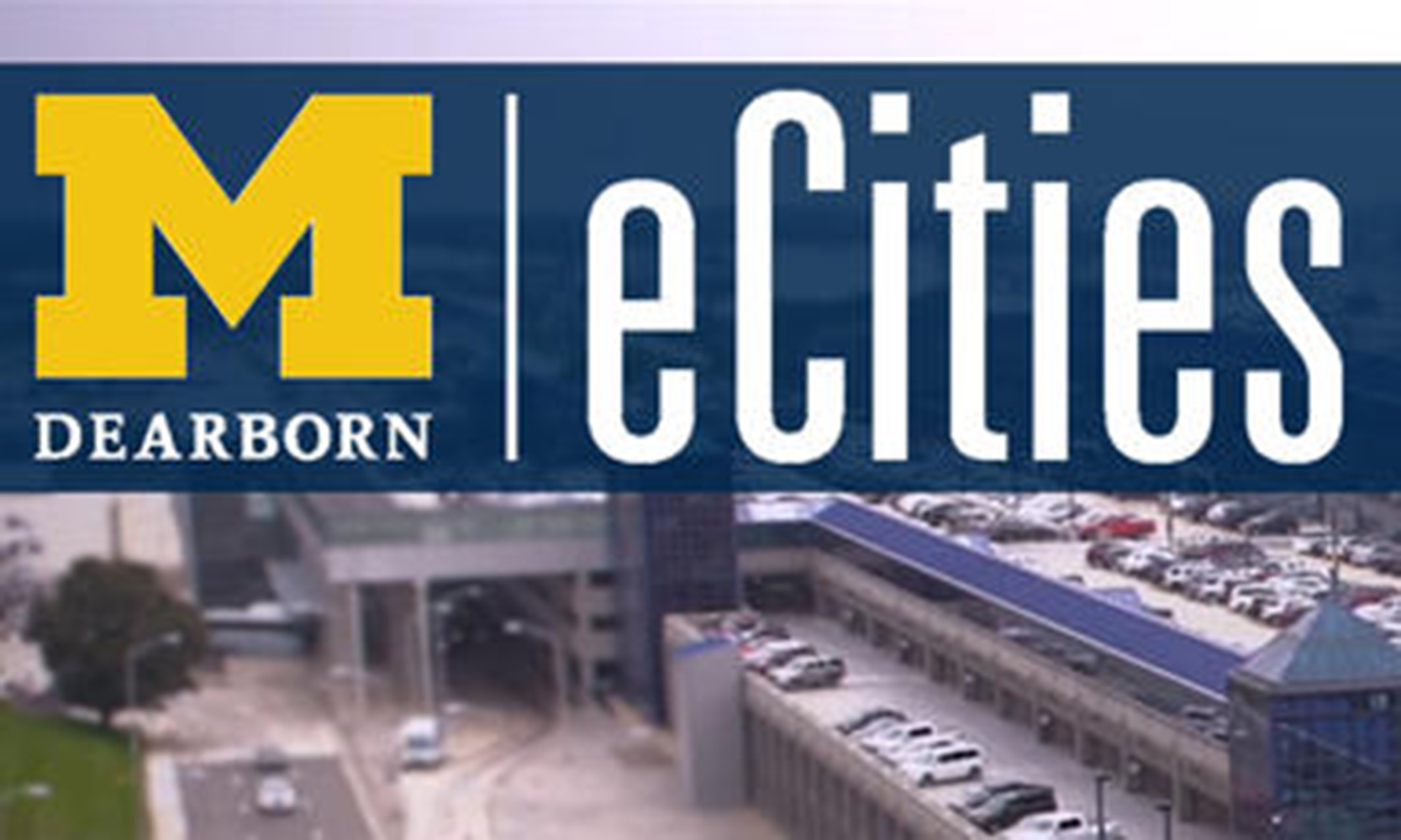Four communities across the state of Michigan have been identified for the strategies they employ to foster entrepreneurial growth and economic development, according to the annual eCities study. The study, conducted by iLabs, University of Michigan-Dearborn’s Center for Innovation Research, identified the cities of Charlevoix, Hillsdale, Marquette and Sault Ste. Marie for their successes and efforts in contributing to Michigan’s growth.
“For more than a decade, the eCities project has highlighted how local governments from across the state of Michigan are cultivating and supporting economic development. These communities show how local governments can work in distinct and strategic ways to energize public spaces, while investing in businesses and job development,” said Tim Davis, director, iLabs.
The eCities study analyzed publicly available data from 277 communities from 54 counties in Michigan. Researchers focused on the five-year changes in property values, community assets and tax rates, which can demonstrate the growth, investments and cost of doing business within the community. For example, over the five-year period of 2013-2017, these communities increased their capital assets by an average of 2 percent per year by investments such as street and building improvements, technology, and emergency vehicles and equipment.
“While accounting for only about 15 percent of the cities and townships in Michigan, the 277 communities analyzed are home to 70 percent of the population and 85 percent of the state’s commercial property,” Davis said. “By analyzing these high-performing communities, our goal is to showcase what cities and townships are doing to spur growth and how we can continue to support their efforts in developing business and encouraging entrepreneurs.”
Additionally, 26 communities answered optional, open-ended questions about recent business climate improvements, future development goals, and small business attraction.
“The responses from communities that resonated most with reviewers included a clear, but brief, explanation of the business community,” said Davis. “This wasn’t done with a list of demographic details; it was with a specific example of how a policy helped business, or a point in time that helps define the community.”
The communities — as well as 181 communities named five- and four-star performers — were recognized today during the Executive Speaker Series panel discussion, which discussed Michigan’s economic growth, including key areas such as capital, infrastructure, industry, and the ecosystem.




